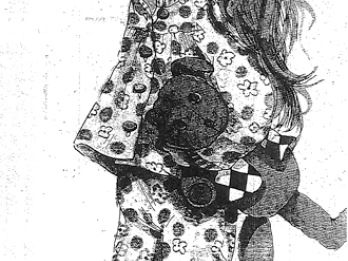Lessons of Jewish Moral Theology
Samuel David Luzzatto
1832
These lessons (of which the first forty-seven paragraphs were already published in the Rivista israelitica) were written in 1832 for the use of those youth who, upon completing their primary and secondary education, attended this rabbinical institute in order to receive training that, one day, would enable them to become rabbis.
My soul was vividly penetrated by the urgent thought that future masters and pastors in Israel need access to a clear and just idea of the morality of Judaism in order to, in turn, teach that religion in its purity, which, in its primitive sources, sacred scripture, and tradition, is shown to be eminently social and a teacher of the most healthy civilization.
I observed that some Greek and Arabic schools that had become famous in the Middle Ages had great influence over the minds of many learned and famous Jewish writers and that the morality they taught was more ascetic than social and that in their excessive spiritual sublimity they were much less apt to educate and direct the common man toward the good and that which is biblical and Talmudic morality, in its divine simplicity.
You should, without excess verbosity, declare that any sentence that can be found in rabbinical writings that would seem opposed to these principles of universal charity and tolerance should be attributed to the unfortunate conditions of the times and places in which these rabbis lived and should, through us, the times having changed, abjure and recognize that which is contrary to Judaism, both biblical and traditional.
Credits
Published in: The Posen Library of Jewish Culture and Civilization, vol. 6.



